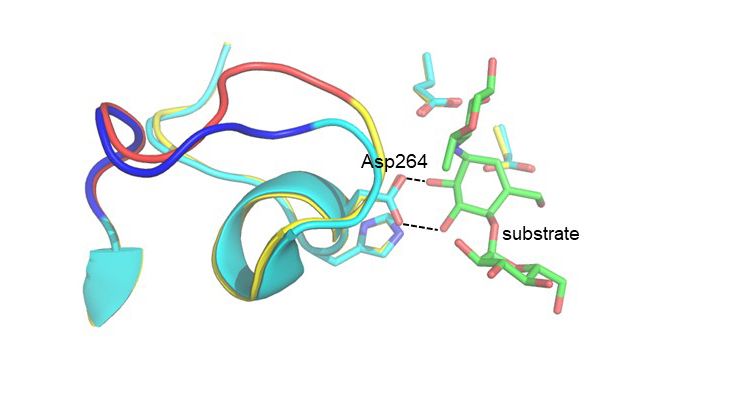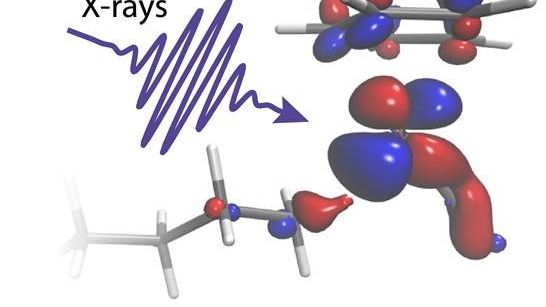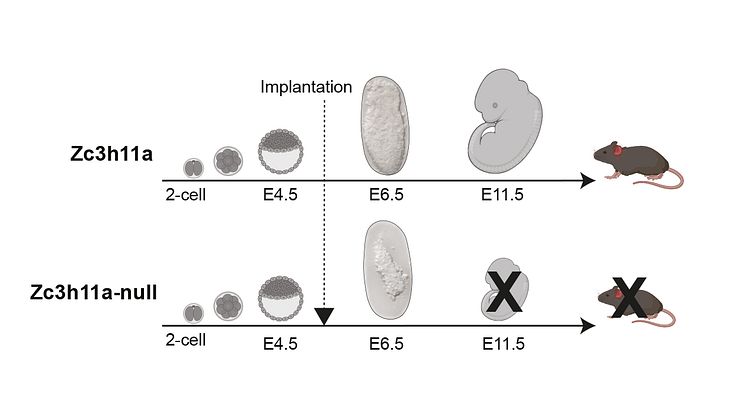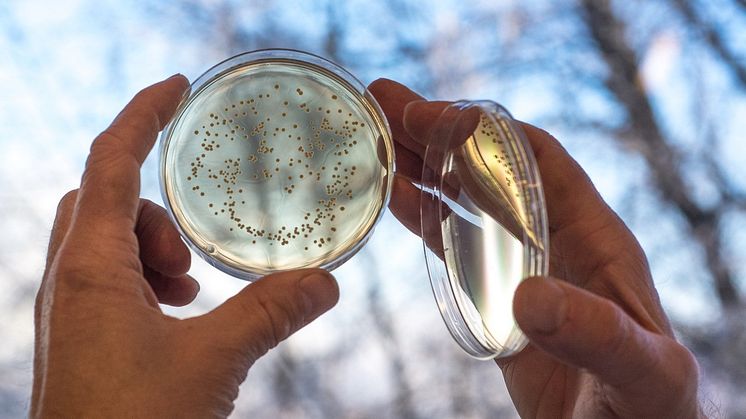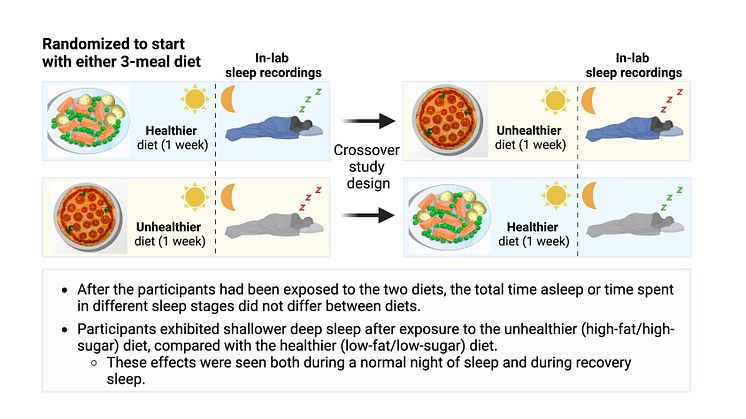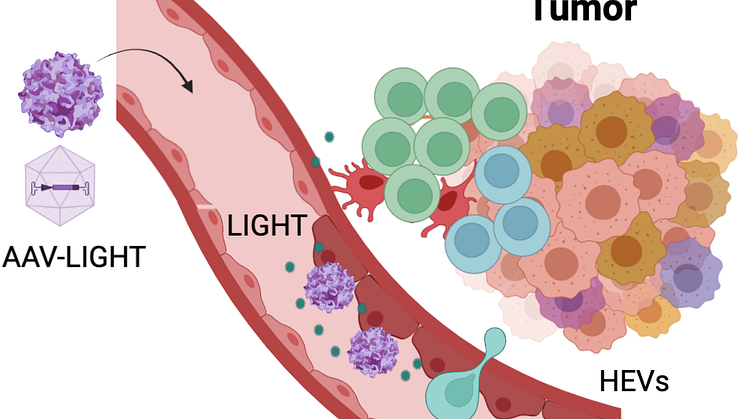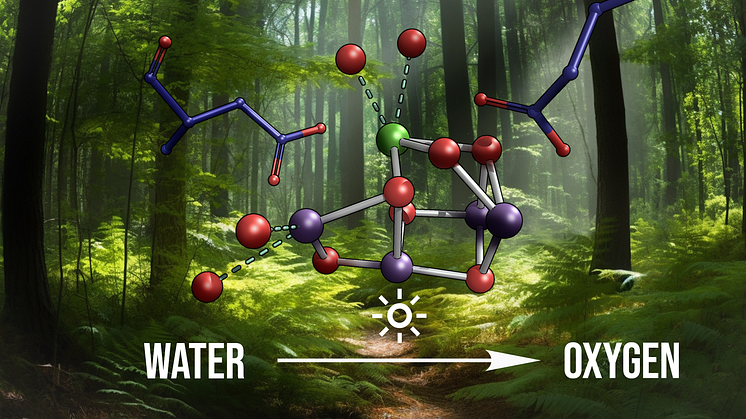Publication of 2,000 canine genomes provides toolkit for translational research
An international research consortium has generated and analysed 2000 canine genomes. The resulting advanced genetics toolkit can now be used to answer complex biological questions, spanning dog domestication, genetic differences in breed morphology, behaviour and disease susceptibility, as well as the evolution and structure of the genome.

